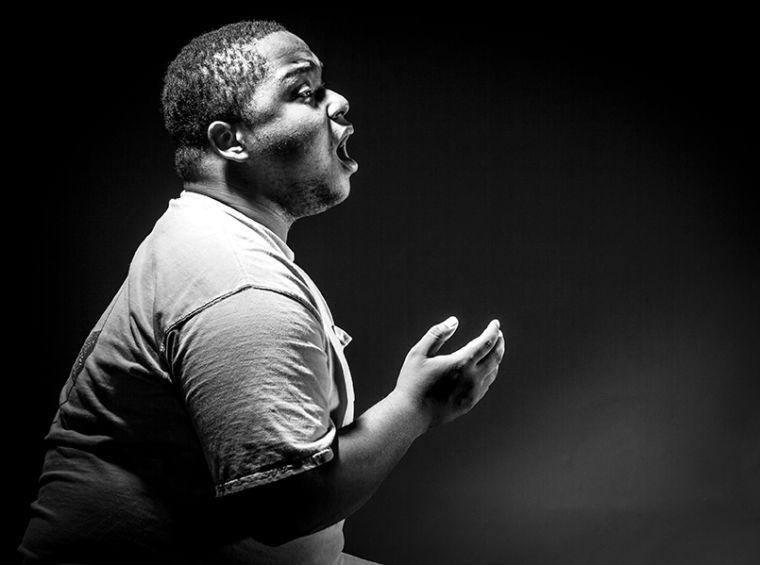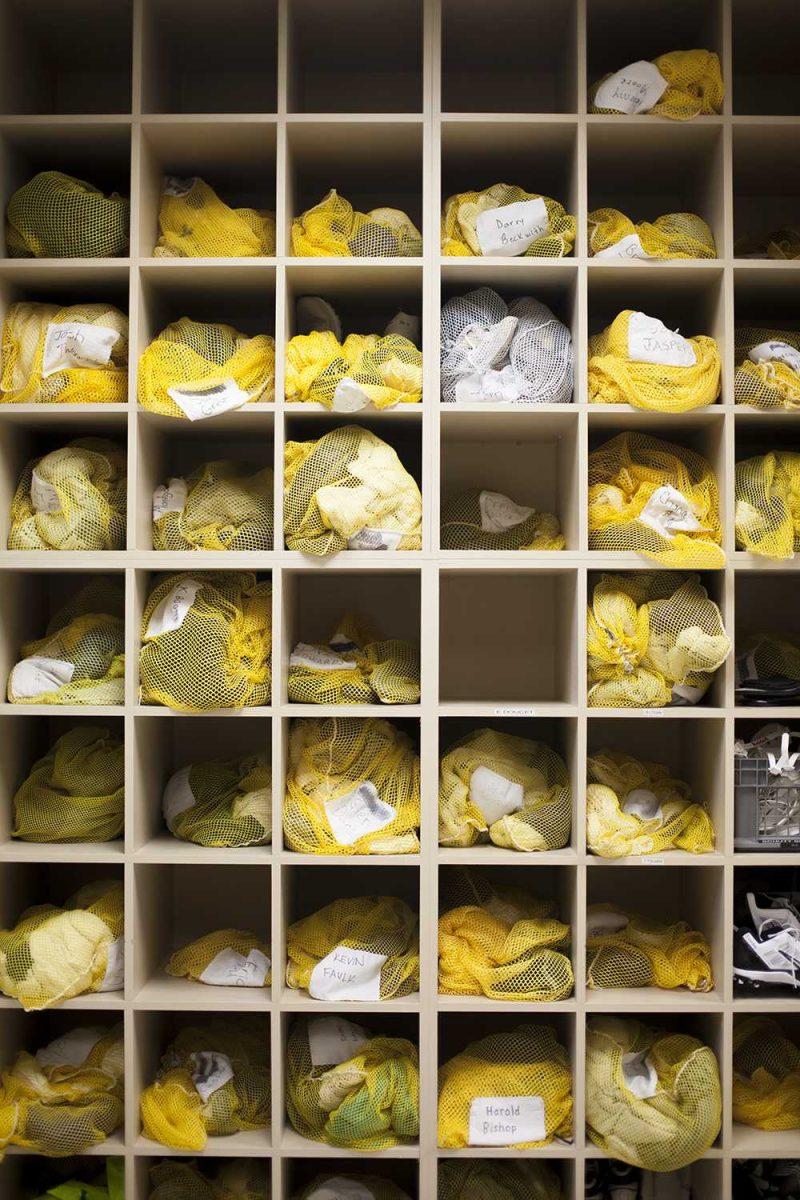Joining the vocal program at LSU requires more than just GPAs and essays. Students wanting to enter the music program must go through a nerve-wracking audition in high school.
As high school seniors, applicants must prepare a piece as well as sight read a song in front of music faculty. If accepted, students are automatically admitted into the opera program, the only vocal form of music the University offers.
Many applicants are unaware of LSU’s heavy opera emphasis. Music education junior Maddie Miller said she was completely blindsided when she learned singing auditions were
opera.
“I wanted to come to LSU,” Miller said. “When I figured out that I was going to be singing opera for my audition I realized that I had to sign up for lessons. Opera is not my top choice of music.”
The opera component of LSU’s music program also surprised junior Rachel Lorando and senior Richard Coleman. Both students wanted to perform, but neither knew about the prestigious reputation of the LSU opera program.
Meanwhile, sophomore Madeleine Brosech knew exactly what it took to make it into the program. The vocal performance major didn’t always listen to opera music, but she was ready to try anything to sing on stage.
The curriculum is somewhat different from that of a non-music major. The students in the program schedule almost all music classes for their first three years and save general education courses for their senior year. Doing so allows them to get the practice time that they need.
While taking music classes, students dedicate the majority of their time to practice. In addition to students spending more hours in class than the number of credit hours they receive, associate professor of voice Loraine Sims said students who perform in any production can spend up to five hours a day, five days a week practicing.
Born This Way
Brosech, Lorando and Coleman all claim to be performers at heart. They agree that their dream is to perform for thousands of people in huge theaters, gaining critical praise for their
performances.
“I’ve never wanted to do anything else,” Brosech said. “Performing on that stage is what I was meant to do.”
For Lorando, she said performing is about doing what you love and chasing your dreams.
“Musical theater is where my heart is,” Lorando said. “I have this drive, and I can’t not go after something that I am so passionate about.”
Coleman said his passion for music began in high school, where he performed with his school in All-State choir festivals.
“We had just finished a performance at All-State,” Coleman said. “We were about to leave and one of the judges came and hunted me down to tell me that she thought that I would be really good at opera. She believed
in me.”
No Place for Stage Fright
Performing might be some students’ dreams, but even the most confident students face tough competition. Undergraduate students must audition against the graduate and doc-
toral performers.
“We have some students who have already been out in the field and come here for their doctorate,” Sims said. “Those people are also sometimes auditioning for our shows, which shows you the level of competition for the roles.”
Because of the extreme competition for large roles, most of the parts go to the graduate and doctoral students.
Sometimes there are exceptions. Coleman earned a role in “La Boheme“ during his sophomore year.
“That never happens,” Coleman said. “It was weird, because some of my teachers were in there with me, but just being on stage was one of the best moments performing.”
Different Strokes
While some students pursue performance, this was not the case for Miller, a music education major with a concentration in voice. Instead of performing in front of people, she wants to teach music at an elementary school.
“Performing really isn’t my thing,” Miller said. “I’d rather use my voice to teach younger kids in school about music.”
Miller said she is not a fan of opera music and was surprised to learn the program only taught opera. To make matters worse, she said, voice majors are required to attend all performances.
“These things can go on for, like, four hours,” Miller said. “They make us sign in when we go to the performances. If I’m lucky, they’ll let us sign in when we get there, and I can sometimes sneak out around intermission.”
Role Models
The opera program produces exceptional singers who have performed on world stages like the Metropolitan Opera and the New York city Opera.
LSU alumna Penelope Shumate holds a near-celebrity status amongst the students in the opera program because of her success in New York City. In 2012, she starred in “The Messiah” and received critical acclaim for her performance.
Many of the students aim to be like Shumate, hoping to gain success after they leave the program.
“She’s amazing,” said Lorando. “I hope that one day I can be as successful as she’s been. She’s living the dream.”
Shumate tells students that the program takes a strict daily regimen of techniques to improve their artistry and mental strength. Even with the nerve-wracking auditions, and the countless hours of practicing, Shumate said that the hard work is worth it in the end.
“When you go to New York, you see all the marquees with the famous opera singers behind the glass,” said Shumate. “It was when I saw my face behind that glass that I knew I came full circle and that the hard work had paid off.”
Discover One of the Nation’s Best Opera Programs
By Victor Cano
November 11, 2013
Lainey Reed
Students who are participating in any production can spend up to five hours a day, five days a week practicing. Senior Richard Coleman has been performing in such productions since his sophomore year.
More to Discover








